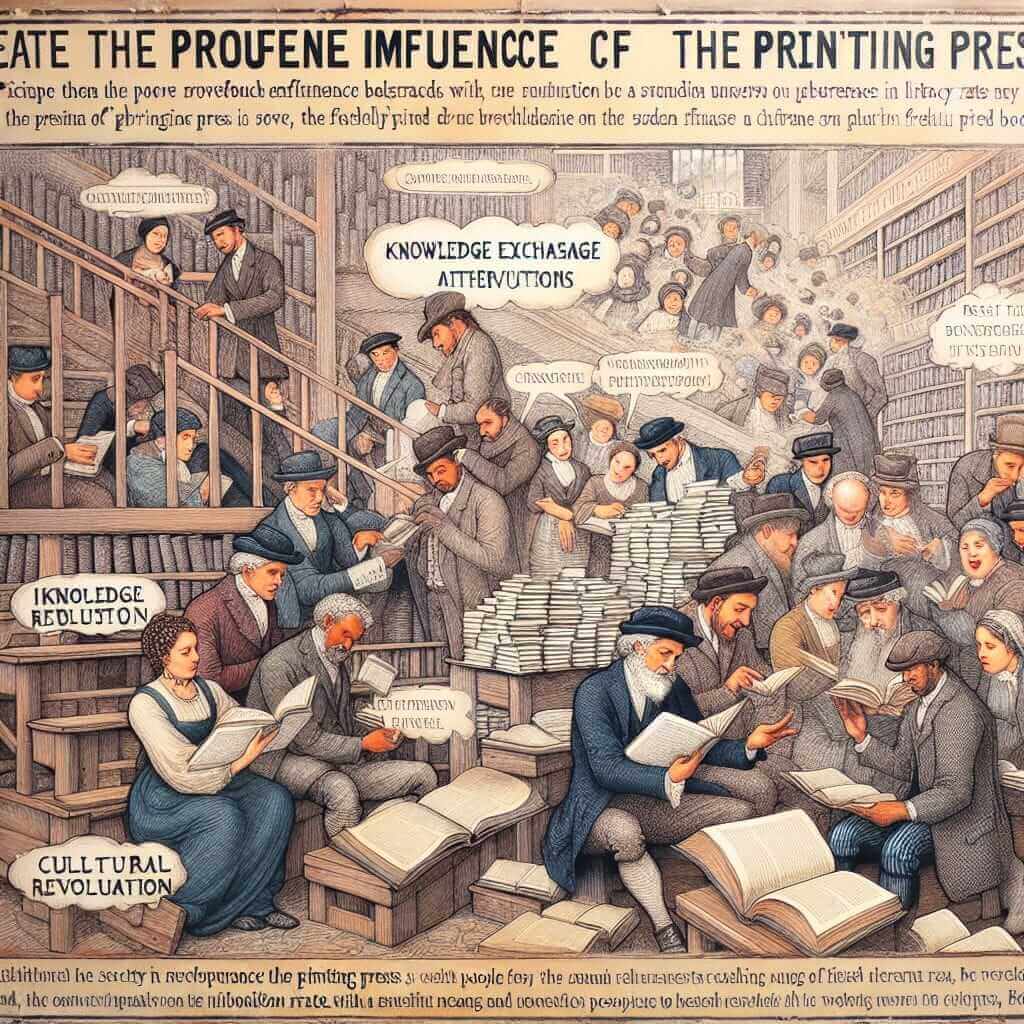Paragraph questions are a common question type in the IELTS Reading test, designed to assess your ability to understand and locate specific information within a paragraph or a series of paragraphs. As an IELTS instructor with over 20 years of experience, I’ve found that many students find these questions tricky. This comprehensive guide will delve into what paragraph questions are, provide effective strategies to tackle them, and equip you with the skills to boost your IELTS Reading score.
What are Paragraph Questions in IELTS Reading?
Paragraph questions require you to identify the specific paragraph where certain information is located. Unlike other question types that focus on the entire passage, paragraph questions test your ability to skim, scan, and comprehend information at a paragraph level. They assess your ability to:
- Identify the main idea of a paragraph: You need to understand the central theme or argument presented in each paragraph.
- Locate specific details: You must be able to find specific pieces of information within the paragraphs.
- Paraphrase effectively: Often, the correct answer will not be a direct quote from the passage. You’ll need to identify the answer that conveys the same meaning in different words.
Strategies for Tackling Paragraph Questions
Successfully answering paragraph questions involves a systematic approach. Here are some proven strategies:
1. Read the Questions First
Before you even glance at the passage, carefully read the paragraph questions. This will give you a clear idea of what information you need to look for while reading.
2. Skim and Scan the Passage
Don’t read the passage in detail initially. Instead, skim through it to get a general understanding of the topic and the information presented in each paragraph. Pay close attention to the first and last sentences of each paragraph, as they often contain the main idea.
3. Use Keywords to Locate Information
Identify keywords in the questions and use them to scan the passage. Look for synonyms, paraphrases, and related terms that can help you locate the relevant paragraphs.
4. Pay Attention to Paragraph Structure
Understanding the structure of paragraphs can guide you to the answer. Look for signal words and phrases that indicate a change in topic, provide examples, or present contrasting viewpoints.
5. Read the Chosen Paragraph Carefully
Once you’ve identified the relevant paragraph, read it carefully to ensure you understand the context and the specific information being asked about.
Example from IELTS Reading Practice Test
Let’s look at an example to illustrate these strategies:
Passage Extract:
“The invention of the printing press in the 15th century revolutionized the spread of information. Paragraph A: Before this invention, books were painstakingly copied by hand, making them expensive and rare. Paragraph B: The printing press allowed for mass production, leading to a dramatic increase in literacy rates across Europe. Paragraph C: This had a profound impact on society, as people were able to access knowledge and ideas that were previously unavailable to them.”
Question:
Which paragraph describes the impact of the printing press on society?
Answer:
The correct answer is Paragraph C. The question asks about the “impact on society,” and Paragraph C explicitly discusses the “profound impact” of increased literacy rates due to the printing press.

Tips for Success
- Practice regularly: Familiarize yourself with different question formats and practice answering paragraph questions from past IELTS papers.
- Develop your skimming and scanning skills: These are essential for quickly locating information within a passage.
- Improve your vocabulary: A wide vocabulary will help you understand the passage and identify synonyms and paraphrases in the questions.
- Manage your time effectively: Allocate sufficient time to answer all question types within the given time limit.
Conclusion
Paragraph questions are a crucial part of the IELTS Reading test. By understanding the question format, implementing effective strategies, and practicing regularly, you can enhance your ability to locate information accurately and confidently. Remember to focus on keywords, paragraph structure, and careful reading to master this question type and boost your overall IELTS Reading score.